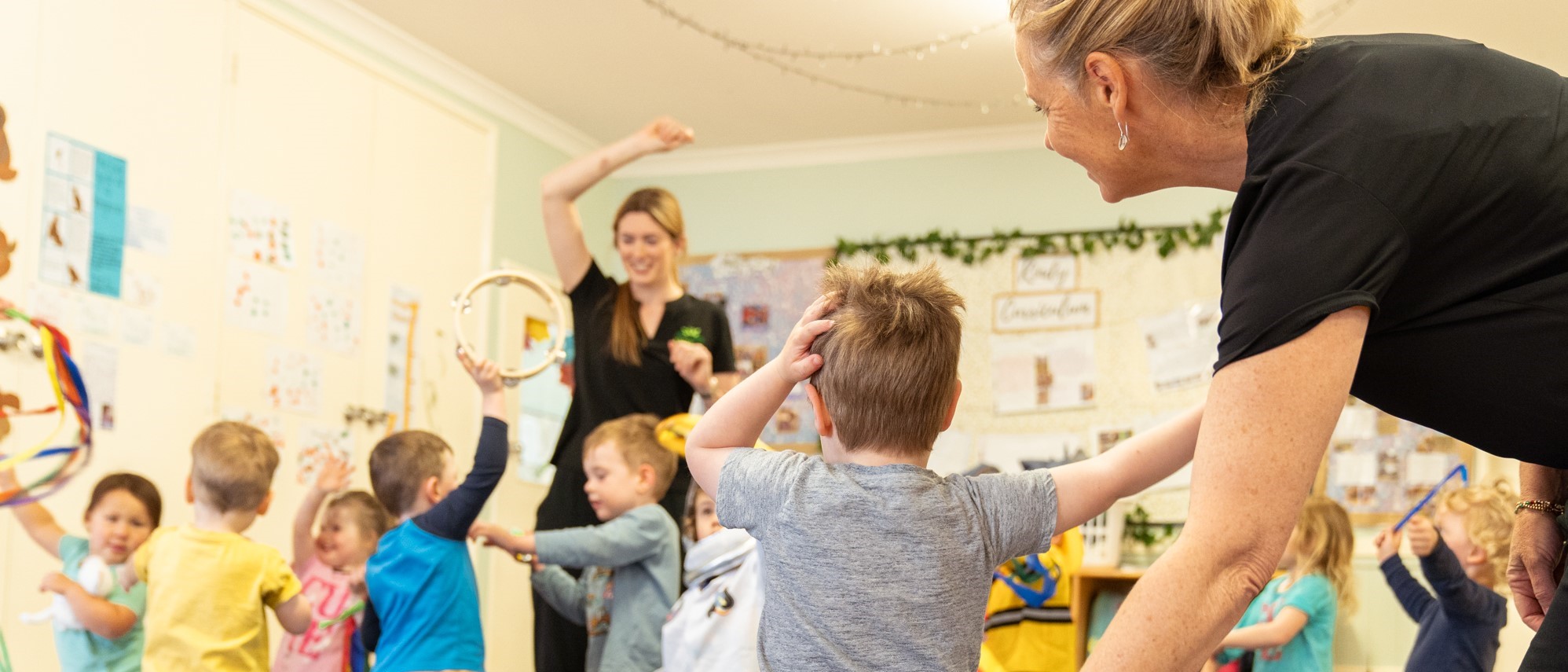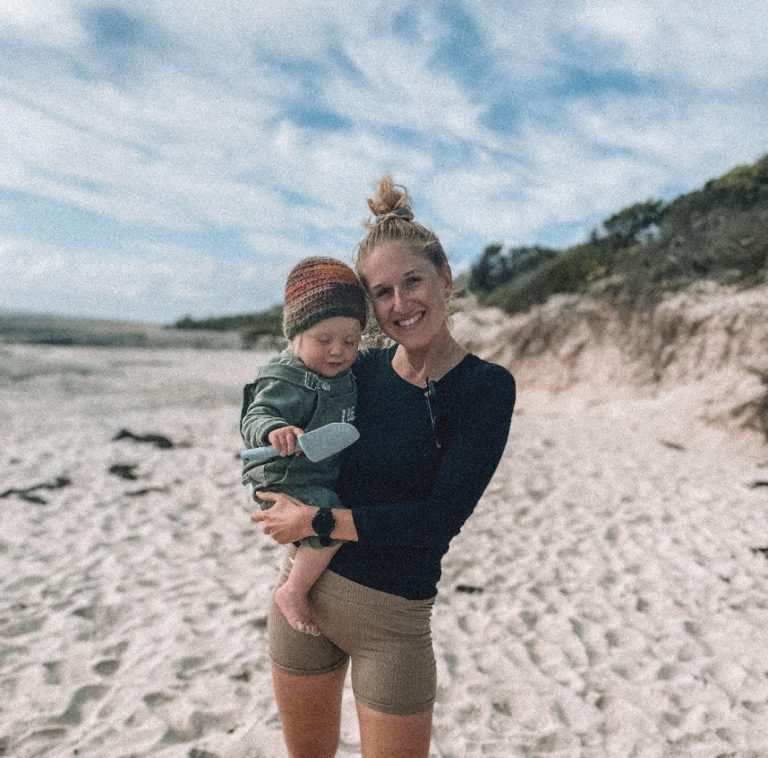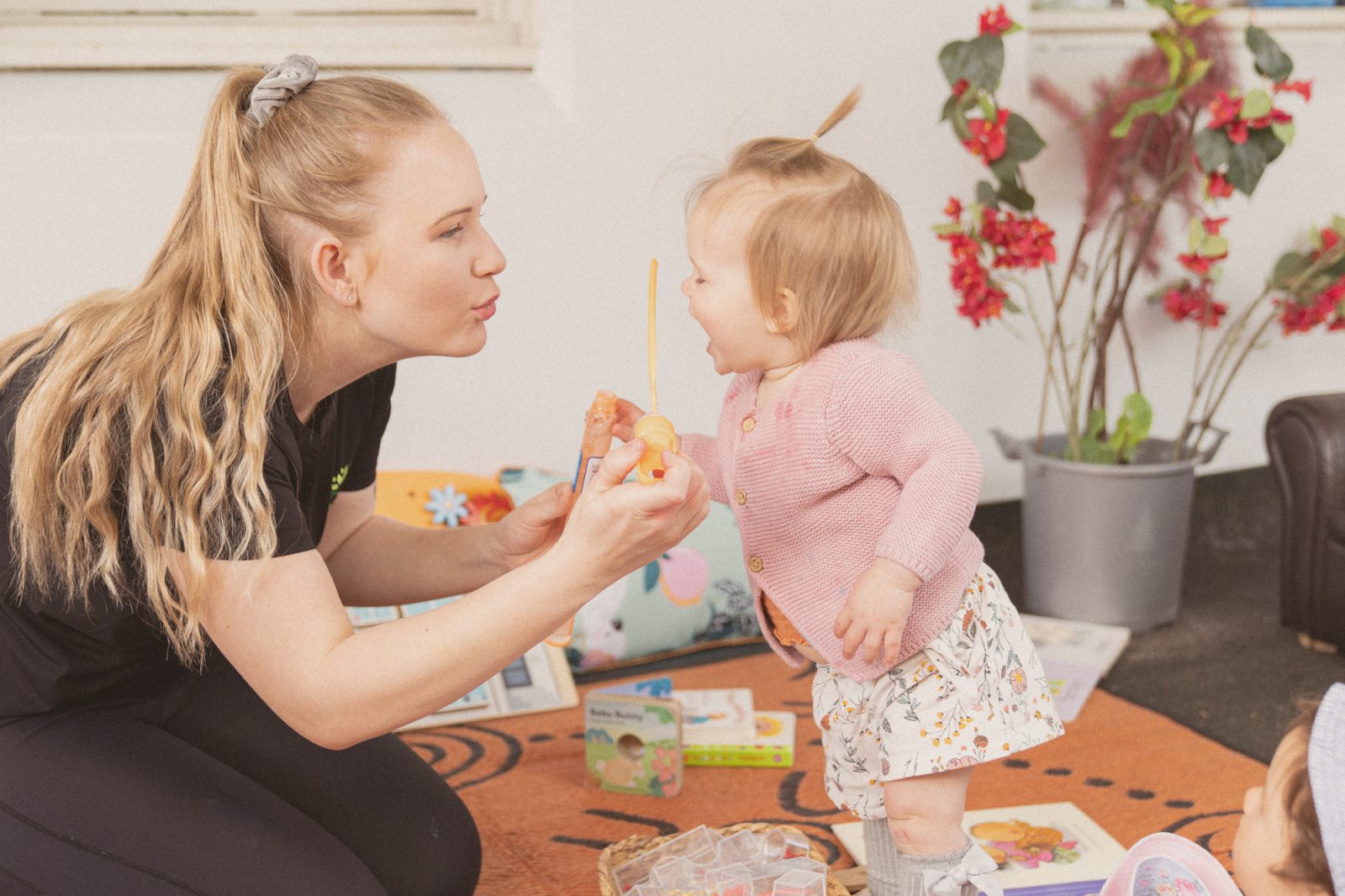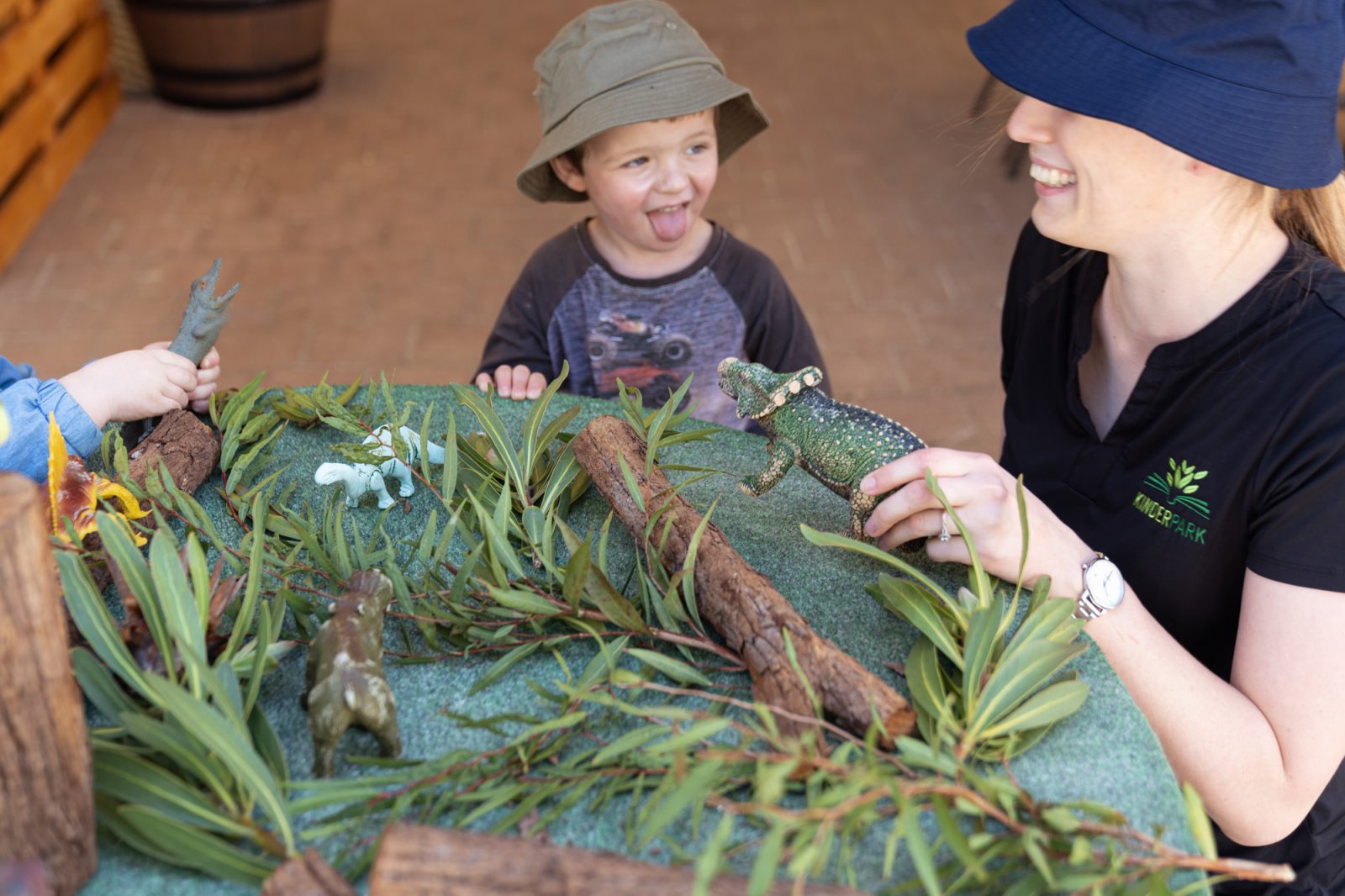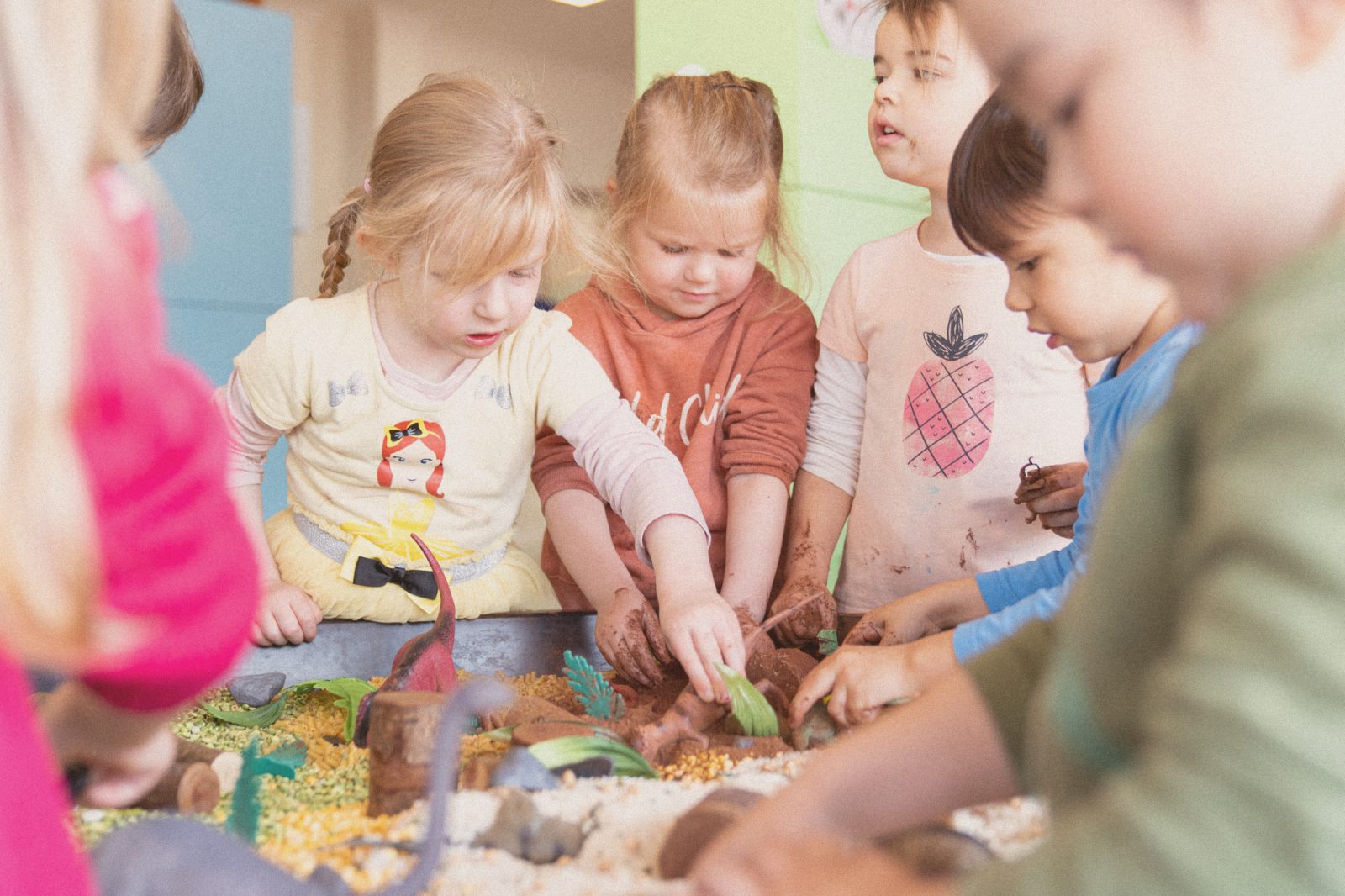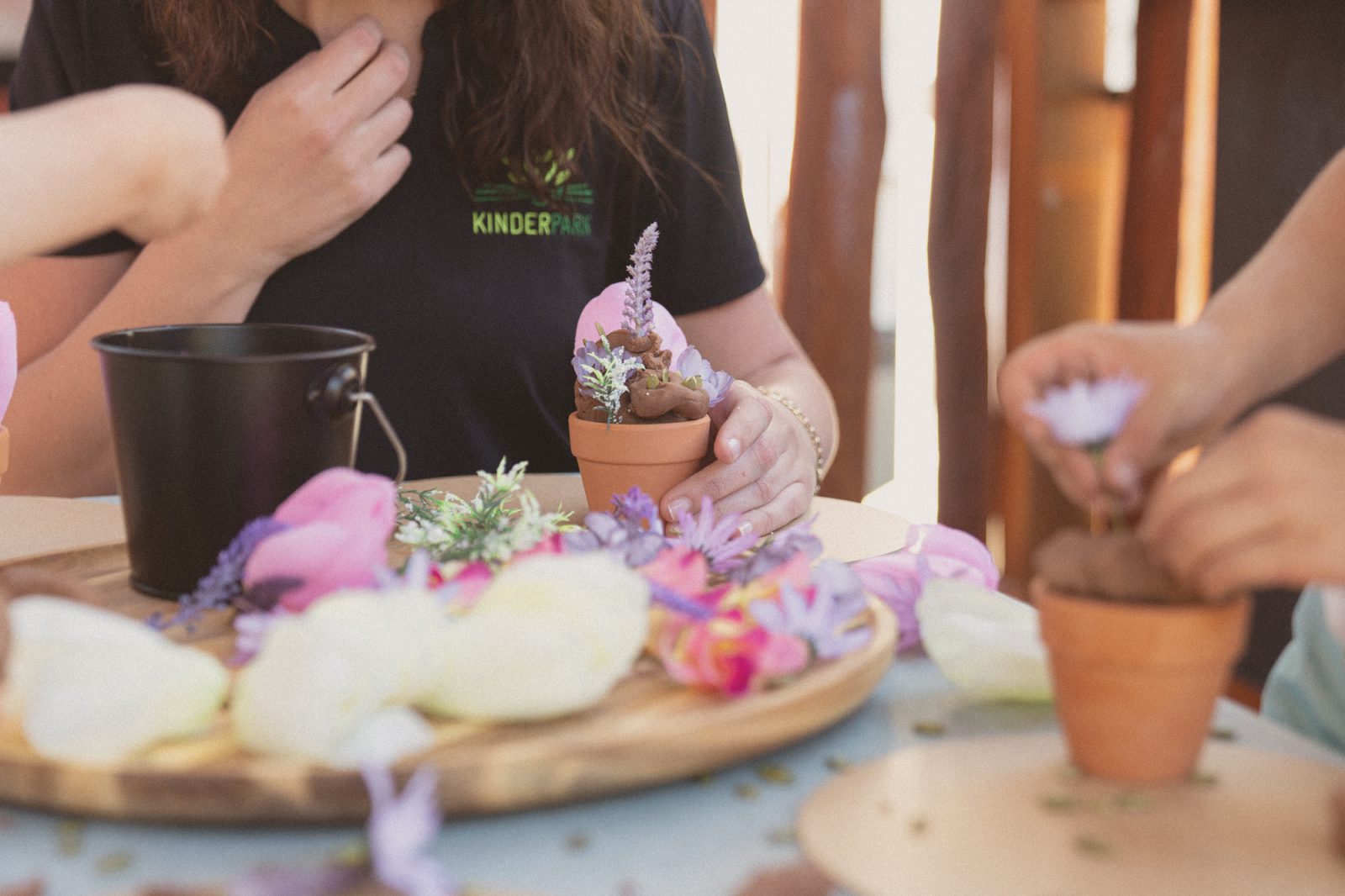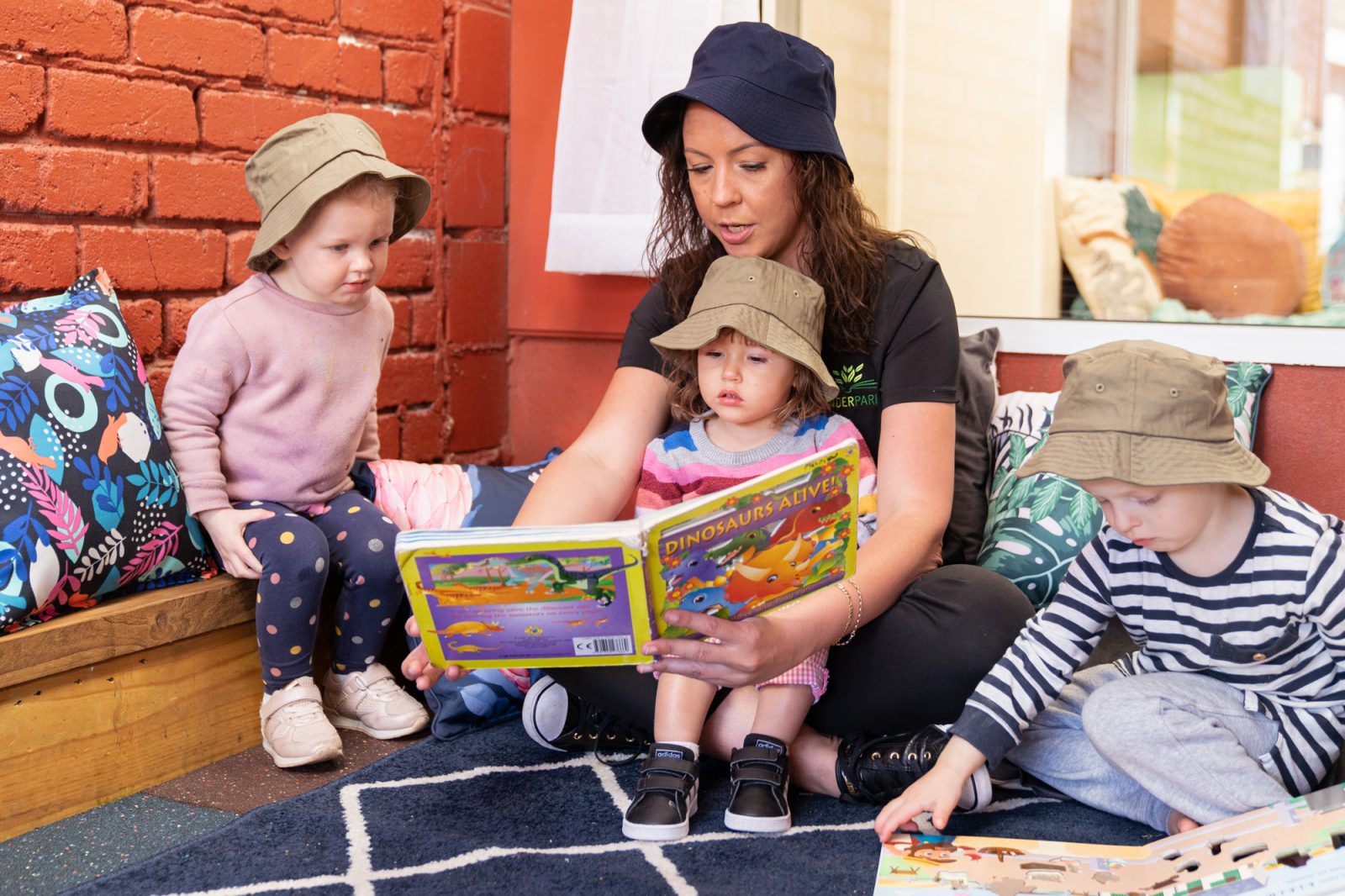As KinderPark Co-workers we believe partnerships with our families are an integral part of your child’s emotional wellbeing and how they connect and feel part of the world around them. We have the same common goal of supporting them on the journey of lifelong learning.
Let’s look at some groups with a common goal…
• A football club who aim to be premiers
• A research group who are theorising and trialling ways to find a cure or
• A government that wants to make a change.
When we think of these three groups our mind is cast to a team.
A team of people who are working together from different perspectives, aspects and aspirations to build a solution, reach a target or make a difference.
When we consider this let’s ask ourselves ‘Who is in your child’s team?’
At KinderPark we are part of your child’s team…
Quite often we look at the people in each child’s life and think how lucky they are to have so many people considering their needs, health and wellbeing. They often look like; parents, grandparents, aunties, uncles, cousins, extended family members, close friends etc. How often do we consider the Co-workers at KinderPark as members of this team? What are their perspectives, aspects and aspirations for our children?
Building a relationship with this team would allow our Co-workers to give you insights and may provide some clarity around the current set ups in the environments, documentation and experiences that are being provided in the Centre.
A Child’s Experience
The Raising Children Network describes the first five years of a child’s life as
“…critical for development. The experiences children have in these years help shape the adults they will become. More than anything else, your relationship with your child shapes the way they learn and develop.”
When we consider that children only have one time to enjoy, learn and explore their early childhood then we must acknowledge that the adults responsible for cherishing young children and ensuring they feel accepted for who they are and where they belong within their world. Have you noticed when you are meeting with a new friend or family member that your child does not know that they tend to stay closer to you, maybe pulling on your leg, standing behind you or needing to sit in your lap? This is your child’s way of identifying their need for security in that moment – by inviting the KinderPark Co-workers into your team you are giving your child another form of security at their centre and when children are secure they can explore, learn and develop confidently.
Meaningful relationships built between families and our team can mean so much to a child, not only does the above identify things children need it also shows the amazing support that can be provided when we become one, become collaborators and become a team!
The Team’s Goal
You may have heard the saying “It takes a village to raise a child” – this proverb suggests that… “the child has the best ability to become a healthy adult if the entire community takes an active role in contributing to the rearing of the child.” If we were to say that our ‘team’ focus is ultimately the village in which your child is being supported then we are right on track to building healthy adults, so where shall we start?
To build your child’s team the first step we take from here is to set a challenge. The challenge we can set would be share a story, an interest or tradition the next time you drop your child at your centre. Begin building a rapport with the KinderPark Co-workers. Chances are that the first time you invite them to your child’s team they will play their best game and quickly become an extremely valuable player of your child’s team.
A team with one goal, the goal to provide your child with the confidence, resilience and emotional support to set their own goals and become part of and build their own teams!

